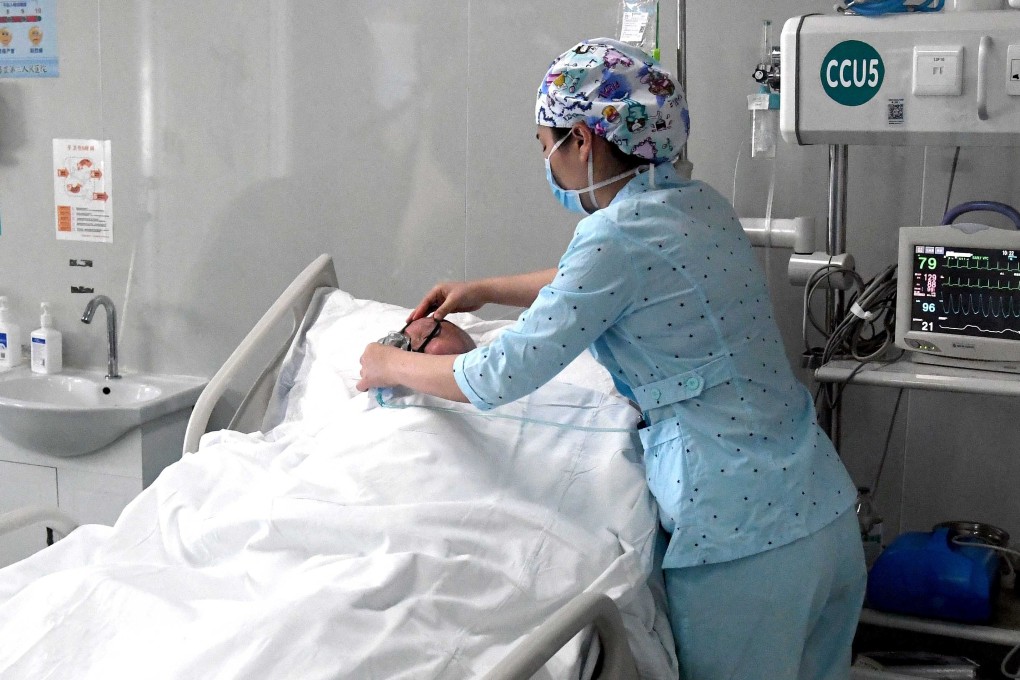Coronavirus reveals lingering problems in Chinese health care system despite reforms, US experts say
- China has made improvements since Sars outbreak, but current pandemic exposes some of the same structural problems, witnesses tell advisory arm of US Congress
- A warning that China’s focus on quantity, speed and face can sometimes lead to quality problems and dubious statistics

The Covid-19 crisis has exposed weaknesses in Chinese health care system despite some impressive reforms over the past two decades, witnesses told an advisory arm of the US Congress on Thursday.
China has strengthened its Centre for Disease Control and Prevention (CDC) to improve the monitoring of outbreaks and better coordinate local public health authorities, US experts on international health care told the United States-China Economic and Security Review Commission.
This happened after the 2002-03 outbreak of severe acute respiratory syndrome (Sars), which embarrassed China globally and revealed the shortcomings of an opaque system that discouraged local authorities from reporting problems to Beijing.
But the coronavirus pandemic has revealed some two decades later that some of the same structural problems remain or were not fully addressed by the changes, experts said.

03:06
“The imperative to do better has certainly been illuminated by its Covid-19 response,” said Tara O’Toole, executive vice-president at In-Q-Tel, a not-for-profit venture capital firm focused on advanced technologies.